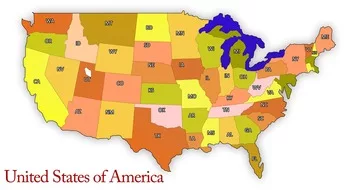
There are many potential reasons why you might want to contact your state’s most important environmental and health agencies. Usually it is because you are concerned about an environmental issue in your area. Here are 10 questions you may want answered:
(1) Is there an environmental investigation being conducted in my area into possible groundwater or air contamination?
(2) Has a local plant, factory, or landfill been cited for violating environmental laws or regulations?
(3) How much and what type of pollution is the local plant emitting from its smokestack?
(4) Is my state concerned about the possibility that groundwater contamination may be converting to “vapor” form, and threatening to invade the breathing space of the homes in my neighborhood?
(5) How do I get copies of environmental test records or communications between my government and a local polluter?
(6) What concentrations of certain chemicals has my state determined to be dangerous?
(7) Has anyone in government ever tried to determine if there is a “cluster” of cancers or other illnesses in my community, and, if so, what did they find?
(8) What is my “Right to Know” about potentially dangerous conditions in my area? (Believe it or not, in some states, the government does not have to tell its citizens even about those threats of which it is aware!)
(9) What are the most polluted, or least healthy, counties/places to live in my state?
(10) Where are the “Superfund” (i.e., most dangerously polluted) sites in my state?
If you have these kinds of questions, you will want to consult your state’s environmental or health agencies. Click on this link to find a state-by-state listing of them: https://www.epa.gov/home/health-and-environmental-agencies-us-states-and-territories
